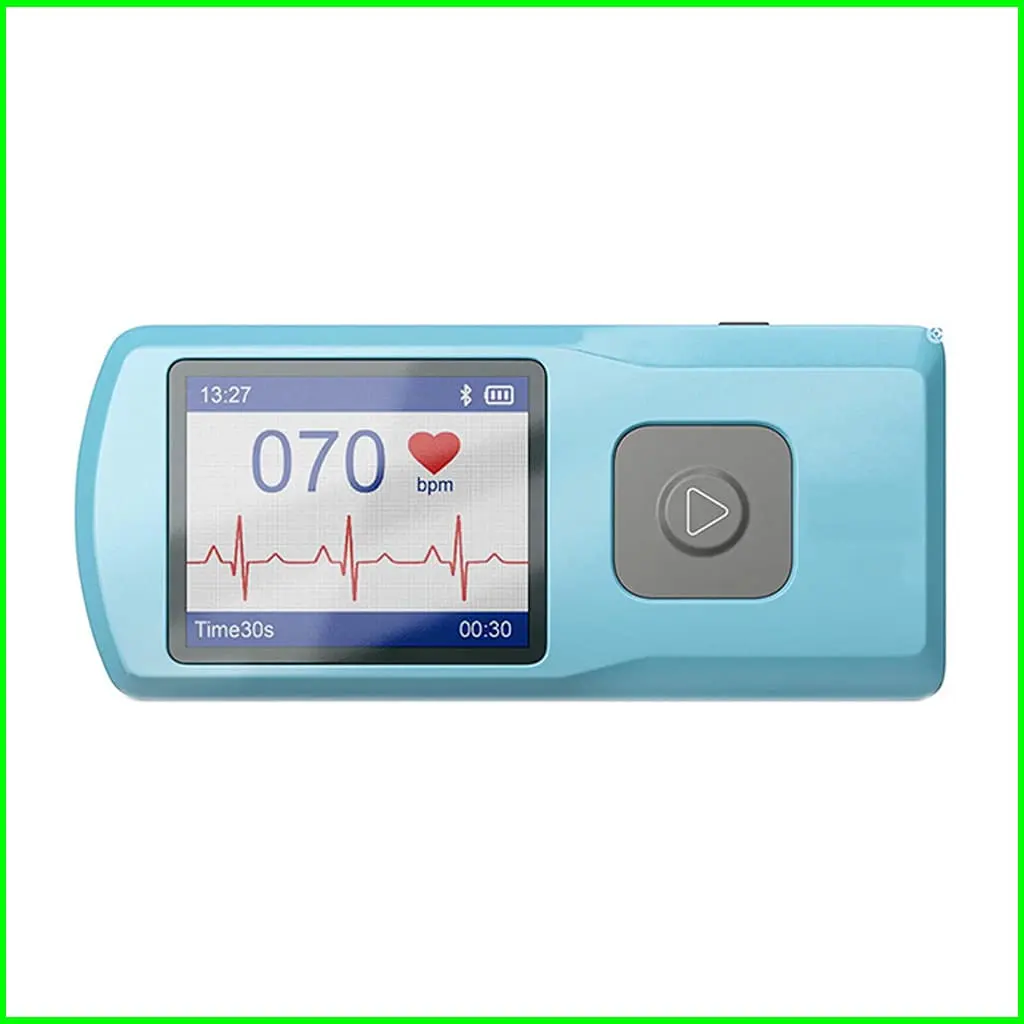


We all know how vital the heart is for circulating blood around the body in a process that keeps us alive and how much blood it pumps out is a function of how hard the heart is working with every beat. But unless we’re undertaking some strenuous exercise or experiencing stress, we normally have little idea about our pulse, which is essentially the speed of at which our heart is working at any given moment.
There are differing views over what a normal healthy heartbeat should be. Some health professionals say your resting heart rate should be between 60 to 100 beats a minute while others think it better to be lower at around 50 to 70 beats a minute. But each of us is unique and there is no one size fits all.
For example, in competitive athletes their heartbeat can be a lot lower that what is considered normal. And those amazing free divers have built up such an enormous lung capacity that their heartbeat can go as low as 10 beats a minute.
Your resting heart rate can be an indication of how well or unwell you are. For example, a rate well below the normal could be an indication of disease and you may feel dizzy and confused. A rate beyond the normal, on the other hand, could indicate other types of illnesses, which you will need to have examined by a medical professional. Some symptoms you may experience as a result of a fast heartbeat include tiredness, chest pain and dizziness.
As you will see from our post on exercise, everyone according to their age should engage in exercise every day. You can do this using specialized exercise equipment or following the kind of instruction contained in videos.
A lot depends on factors such as age and physical condition but a general rule you must take care not to overdo any exercise. For example, you can make sure while doing any exercise that your heart rate does not exceed a certain number. And you can calculate this number by subtracting your age from 220.
Heart rate monitors for the come usually come in devices like these electronic devices. They are said to be not as accurate as he simpler device that your doctor or nurse might use, but they offer the benefit and convenience of taking a reading whenever you like. They also have a memory so you can track your heart rate, for example, at different times of the day, at rest, under stress, or after exercise.
Smart wearables also allow you to keeping track of your heart rate as well as a multitude of other functions which we talk about here too. The benefit of using a smartwatch or smart band is that you can see your heart rate anytime and at just a glance.
Remember that medications can also affect your heart rate. But as soon as you note any change to your normal heart rate, seek advice from your doctor.